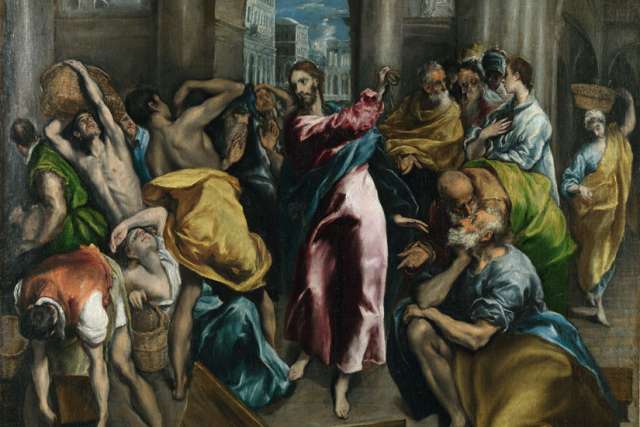But if we take a closer look, the spiritual principles embedded in the commandments are more important and valid than ever. The basic principle is the sovereignty and majesty of God and the gratitude and loyalty that should be our response.
It is clear that God is not something to be relegated to the corners and back alleys of our lives. God must be absolutely foremost in our thoughts and actions and must never be pushed aside by anything. But the same reverence is due to other human beings — respect for human life, property, relationships, family and basic rights. Greed and coveting what others have — the bane of civilization — must be absent from the hearts of those who claim to be children of God. Underlying all of them is the call to love God with all that is in us and to love our neighbour as ourselves.
These commandments are not just “nice” things to do — they are the fundamental building blocks of any just and humane society and even of civilization itself. Without them, we have only organized barbarity, even if technologically advanced. It becomes very obvious that these commandments are for the most part ignored, not only by individuals, but by economic, political and, at times, even religious systems. Perhaps some are put off by archaic language and symbols. Not many people covet their neighbour’s donkey — their fancy car is usually the object of envy. We do not have slaves, and the idea of God punishing children for the sins of their parents is rightfully repugnant to us. The problem is one of packaging and labeling — we need to reappropriate these commandments in modern terms and give them new life. There are many thoughtful studies, both Jewish and Christian, to aid us in this endeavour. It would be a good Lenten practice to try to recast each of these commandments in contemporary terms and apply them in our day-to-day routine.
The message of Jesus has never sat too well with the powerful and worldly wise, and is often twisted for selfish ends if even accepted. Our world is based on power, competition, possessiveness, being in control and self-advancement. A message about weakness and the cross is definitely out of step and will be a stumbling block to many. People demand all sorts of proof or rewards: miracles, dubious wisdom to inflate the ego or certainty — the list could go on. Paul insists that those who are willing to be weak before God and to trust in God completely will receive power and wisdom of another sort — God’s power and wisdom that is far greater than anything we could ever imagine. But we first need to let go of so much falseness and let God be in control.
The temple incident illustrates how sacred and holy things can be hijacked by human desires and concerns. Jesus was outraged that aspects of the temple worship had been commercialized, compromising the purity of the worship. This tendency is present in all religions, including our own, so we are not in a position to judge the people in the story. True faith does not need money or power — it needs only righteousness and the Spirit of God. It is dangerous to forget this.
John’s version of this incident differs from the other Gospels. Here it provides the opportunity for Jesus to designate His own body as the new temple and dwelling place of God and to prophesy His death and resurrection. His actions in the story appear to have drawn many to faith, but oddly enough, Jesus was not impressed and did not really trust them. The narrator informs us that He knew what was in people. He read hearts and minds and knew that their “faith” was superficial and without understanding. They had been dazzled by His actions, but had not really asked themselves what it meant.
Once again, human wisdom and power pale beside the wisdom and power of God.


